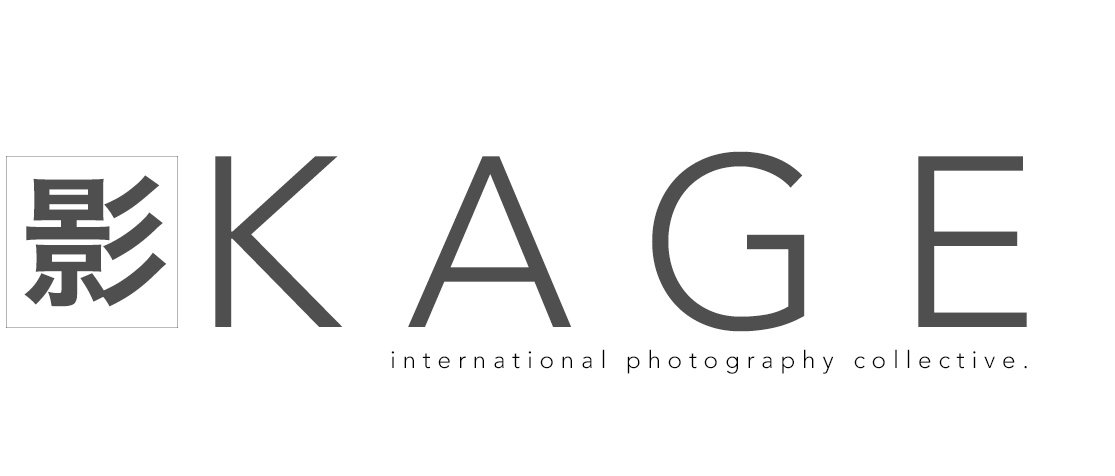By Patrick La Roque
I’m looking at my keyboard, head down, eyes lowered, drawing a blank, mostly. But I do enjoy how its keys twack and thud when I hit them. There’s XTC on my speakers and a cup o’ Joe next to my right hand and a timer ticking down on my iPad. Seven minutes gone. Damn. When did time get so fucking unbearable?
I’ve also never uttered the words “cup o’ Joe” before. Ever.
Ok. Ten minutes now. Seriously?
…
There’s nothing quite like the aftermath of a winter storm in the countryside. When the weather dabbles in magic, and the sun comes out but temperatures hold, cold enough for the snow cover to be stilled, heavy, a mimic of eternity. You forget greyness in these moments; you forget it ever existed. And light glares and shines and sparkles and all those synonyms fight each other while you let yourself fall and the ground slurps you up and the dog barks and the kids laugh. It’s all blue and white and full of fire.
…
I’m not as compulsive with a camera as I once was. I see our three children getting older, I know our time with them is getting shorter with each passing day, and I tend to prefer being present, fully, instead of looking in. I don’t always succeed, and it’s a shift no one has noticed, I’m sure. But I’m trying.
The images in this post represent increasingly brief, momentary interruptions.
…
Mihaly Csikszentmihalyi passed away last Fall. He was a Hungarian-American psychologist who became known for recognizing and naming the concept of "flow”. Flow is what we often describe as a state of grace, when the world disappears, and our attention becomes entirely consumed by the task at hand. It is typically associated with artists and musicians, but any immersive endeavour can induce a state of flow. In fact, Csikszentmihalyi was a rock climber and painter, and his first clue into the potential universality of this idea was the recognition of a similar state of mind during both activities.
What’s fascinating is that, according to his research, this would simply be the biological by-product of our brains being unable to process more than 60 to 100 bits of information per second. From what I understand, when we reach a flow-state our minds enter a sort of suspended existence, with all exterior input disabled. But this isn’t automatic. What Csikszentmihalyi discovered is that flow only happens if a task is 1) meaningful to us, and 2) if we are pushing against our limits, stretching our abilities. Our entire brainpower needs to be assigned to a single, all consuming undertaking.
I know perfectly well how to trigger this state. I’ve spent most of my life pursuing it, before I even knew it existed. And the camera is a conduit, and music, and painting… these paths are clear to me. But I wonder: can existence lead to flow? Could we absorb enough of any given moment and reach it, without artifice? We would remain invisible, of course. No pictures to share, no songs to sing. No mountains to check-off a map.
Just a quiet journey, among billions.
Without any traces left behind.
I wonder.





















